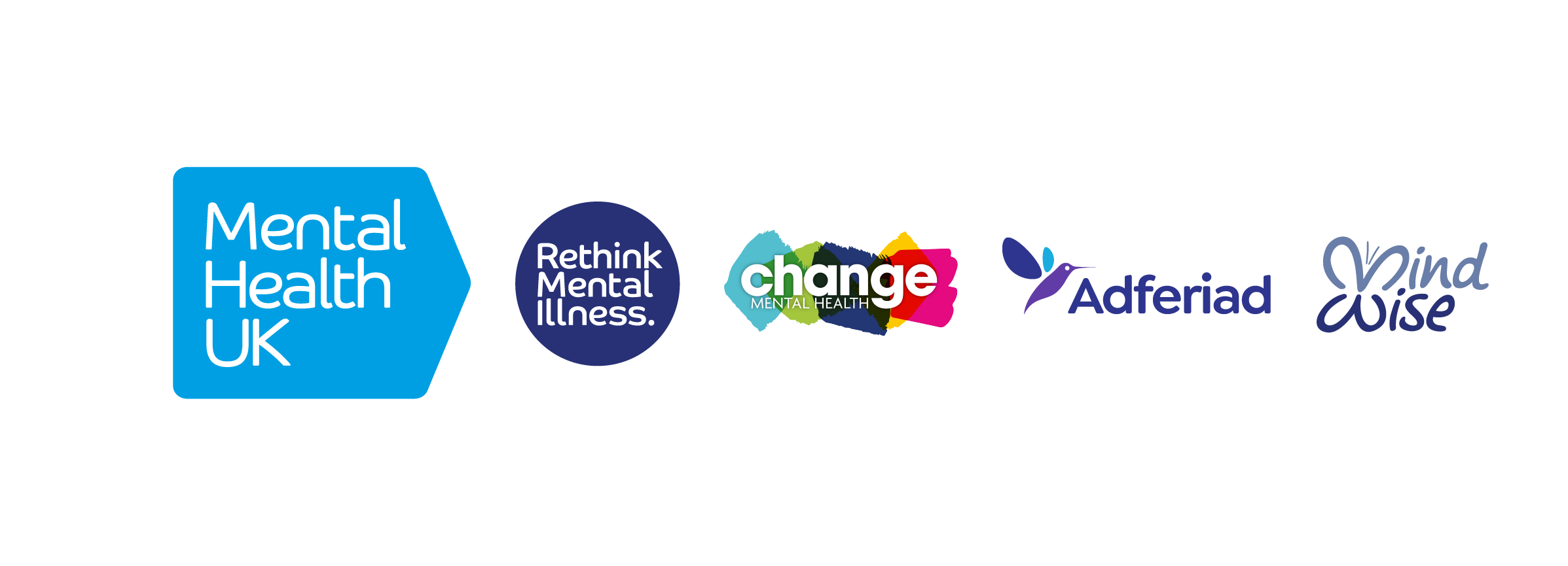- Home
- News & Blogs
- Current: Study of public attitudes to depression in the UK
Do you need urgent help?
If you need to speak to someone right now, here are some confidential options which provide 24/7 support. If you're worried you might hurt yourself or someone else, please call 999, or go to your nearest A and E.
Childline
Helps anyone under 19 in the UK with any issue they’re going through. Childline is free, confidential and available any time, day or night.
0800 1111Samaritans
24 hours a day, 365 days a year. You don't have to be suicidal to call us
Study of public attitudes to depression in the UK
Thu, 13 - May - 2021
This Mental Health Awareness Week, it's time to have honest conversations about dealing with and challenging stigma around mental health.
During the pandemic, so many of us have experienced challenges to our own mental health or watched a loved one struggle. There is no doubt that the global conversation around mental health has opened up as a result of the crisis. However, a new study confirms that high levels of stigma towards common mental heath conditions remain and many of us have misconceptions about what certain diagnoses mean.
The study, carried out by research specialists Versiti, focuses on Non-Conscious Public Towards Depression In The UK and outlines some of the devastating perceptions that we, as members of the general public, continue to hold about mental illness and those of us who are living with depression.
Combining an online research community with a sample of 42 UK adults and implicit association tests with a sample of 1000 UK adults, the study reveals troubling implicit attitudes towards depression and those of us living with mental illness.
The findings of the report suggest that:
- Depression is the condition perceived most negatively by the general public, compared with asthma, autism, blindness, deafness, diabetes and multiple sclerosis.
- People affected by depression are considered more negatively than people affected by other conditions on the vast majority of the 44 traits tested.
- Depression is believed to disqualify people from being capable of intimate relationships.
- Depression is negatively associated with all sorts of work roles. Of the work roles tested, people living with depression were only positively associated with being ‘cleaners’.
- On five key personality factors (openness, agreeableness, neuroticism, extraversion and conscientiousness), the public consider people living with depression to be fundamentally different from themselves. This provides fresh evidence on the dimensions of ‘Otherness’.
The report shows that we still have a long way to go in our efforts to reduce the stigma and discrimination that impacts those of us severely affected by mental illness. It outlines the difficult decision those of us living with mental health difficulties have to make on whether to disclose our condition to people. The stigma and discrimination that can results may lead to social isolation, as well as making recovery from mental illness more difficult.
Unless we take stock and challenge our own damaging assumptions, many of us will continue to struggle in silence because we rightly fear the consequences of disclosing our mental health challenges. This cannot be right.
MindWise will continue to challenge mental health stigma and discrimination until no one has to go through negative experiences. We are members of the All Party Group on Mental Health, which brings mental health developments, issues and more to the Northern Ireland Assembly. Our information pages highlight different mental health conditions to help increase understanding.
We will continue our work to see better perceptions of those of us with mental heath difficulties and will aim to ensure no one is left out of the conversation on mental health. Click on the link below to read the report in full.






